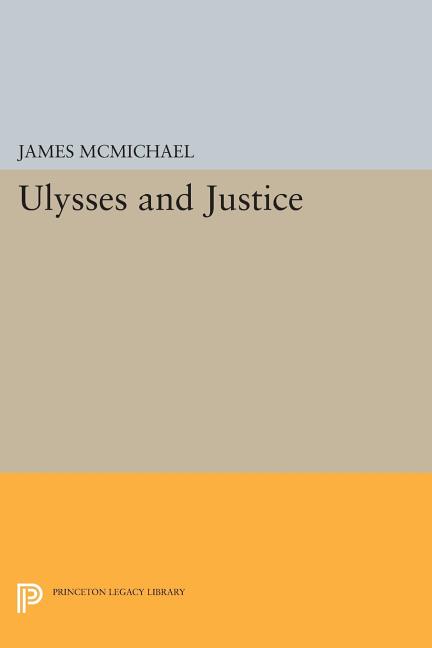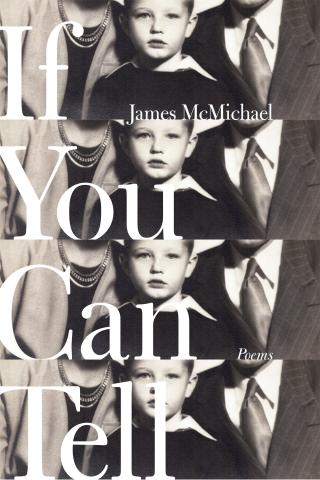
James McMichael Selected Works

James McMichael's psychologically penetrating long poem traces a man's twenty-year entanglement with a woman; the events that brought them together; the settings in which the two spent their time, together and alone; and the circumstances that led to their eventual separation.
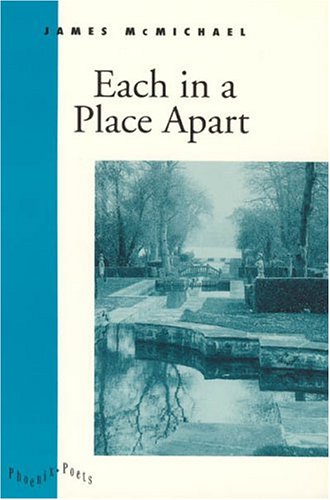

The World at Large brings together the best of James McMichael's poetry and includes works that appear for the first time in this volume. With the publication of the new poems, McMichael surpasses even the formally daring and psychologically penetrating poetry that has characterized his work thus far.
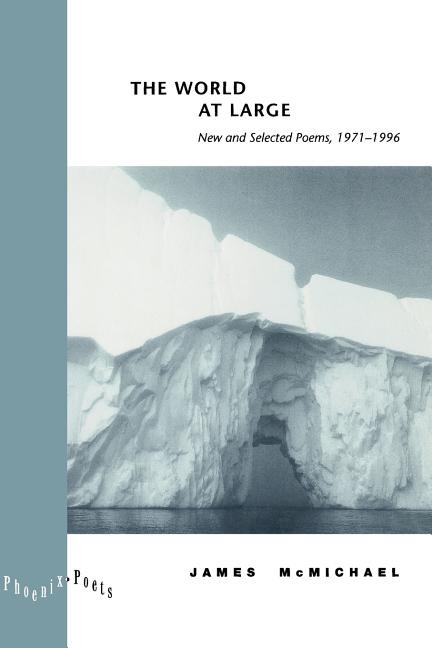

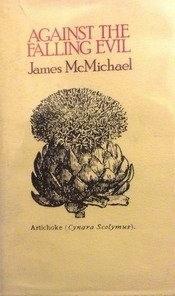
Capacity, the extraordinary new collection from the award-winning poet James McMichael, deliberates an earth that supplies what people need to live. Land, water, sky, food, shelter, thought, talk, sex—each is addressed at the pace of someone dense with wonder’s resistance to take for granted even the smallest or most obvious parts of existence. Capacity is a 2006 National Book Award Finalist for Poetry.
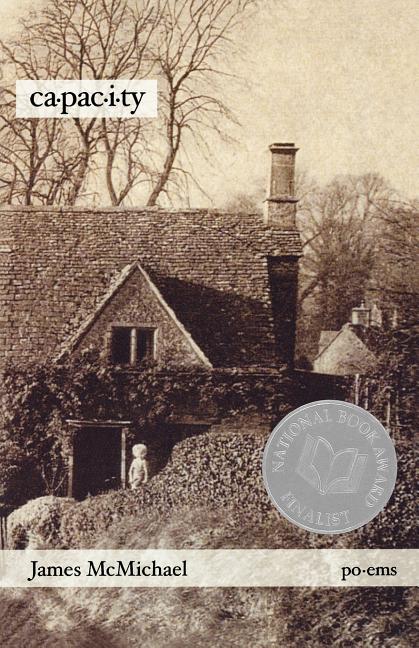
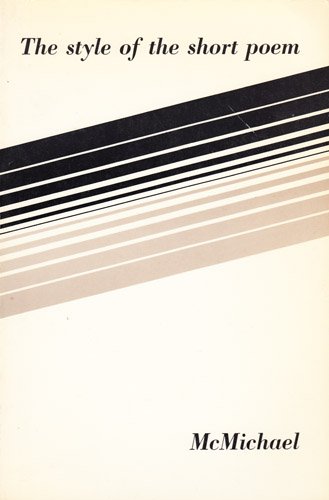
For James McMichael, Joyce's Ulysses invites the wide range of interpretations it has received: what it also does is to prod its interpreters to put the book to some just use. If Ulysses were more conventional than it is, McMichael claims, its readers could set more comfortable limits for themselves in their responses to it, limits that did not extend beyond Ulysses into their dealings with persons in the world. But what happens instead is that the singularly unconventional narrative structure of Ulysses keeps reminding them that the story they are being told about any of the characters is the same kind of story they tell themselves whenever they think about a person. It reminds them that every person needs to be responded to justly and that the justice of their response to any person depends on how justly they characterize that person in their thoughts. McMichael insists that it is justice that Joyce himself most wants. Distinguishing Joyce not only from the immature Stephen Dedalus but also from Ulysses' perfectly unresponsive narrator, this study describes Joyce's tacit but discomforting plea that Ulysses be judged not so much for its literary mastery as for the degree to which it is a just response to persons in need.
